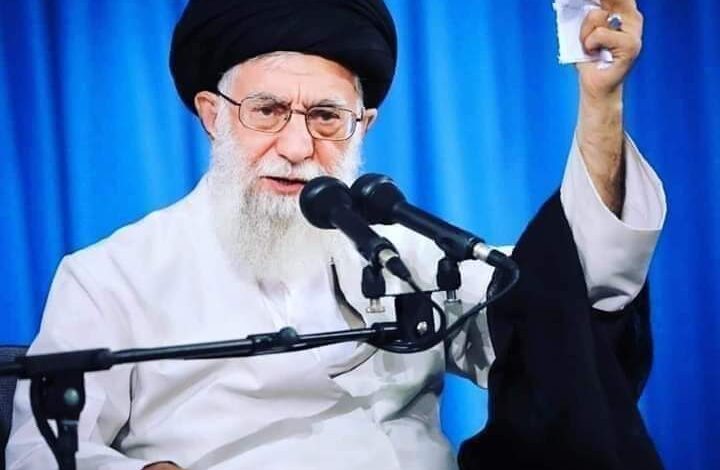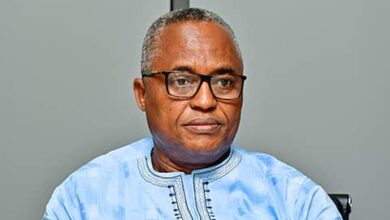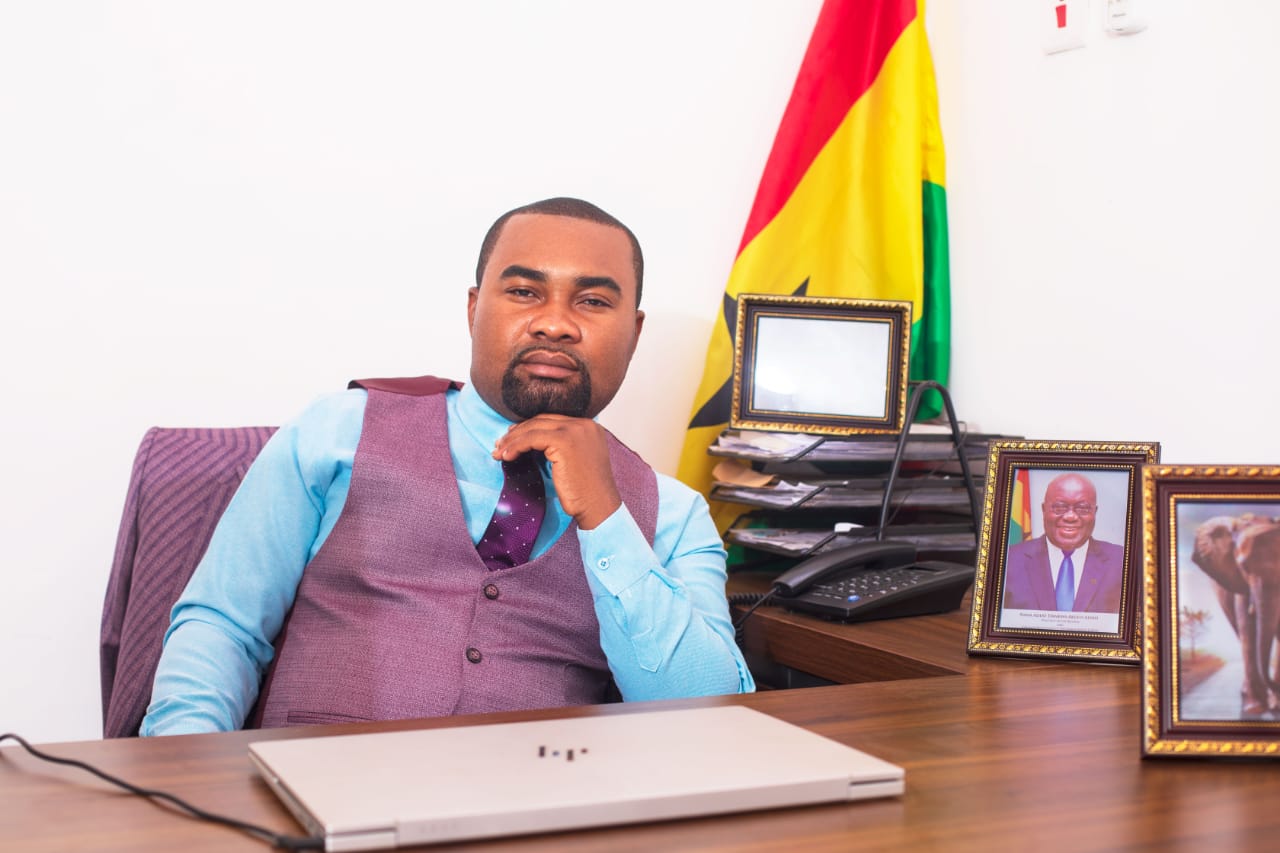Imam Khamenei’s Message On Unity Week To Celebrate The Birth Of Prophet Muhammad (PBUHF)

In the name of God, the Most Gracious, the Most Merciful.
Praise be to God, the Lord of the worlds, and may His peace and blessings be upon our master and prophet, Abu al-Qasim al-Mustafa Muhammad, and upon his pure, chosen family, his noble companions, and those who follow them with goodness until the Day of Judgment.
I offer my warm welcome to all my dear brothers and sisters, the guests of Unity Week, and the representatives of Islamic countries in Tehran. I also extend my congratulations on the birth anniversary of the Noble Prophet (peace be upon him and his family) and Imam Sadiq (peace be upon him), and we hope, God willing, that the Almighty will make this day a blessed celebration for the Iranian nation and the entire Islamic community. I also thank our honorable President, who in his excellent remarks today addressed the main and important issue, which I will also touch on: the issue of Islamic unity, God willing.
The Prophet’s birthday (peace be upon him and his family) is an extraordinary day in history. The reason is that the birth of the Noble Prophet is a necessary prelude to the final prophethood, which is the complete and final prescription for the happiness and elevation of humanity. Therefore, this birthday is of great significance.
I would like to say a few words about the general movement of the prophets. If we compare the general course of human history to a caravan moving along a path through time, with humanity progressing throughout history, then without a doubt, the leaders and guides of this caravan are the prophets of God. The prophets not only show the way but also strengthen the ability of individuals to discern the correct path. It is not merely about showing the way; they elevate the ability to recognize the truth among individuals. As Imam Ali (peace be upon him) said, “To awaken them to the covenant of their innate nature and remind them of forgotten blessings… and to stir the buried treasures of their intellects.” This is how the prophets interact with people: they awaken human nature, activate the power of reason, and through this, humanity can move forward.
Throughout history, at times, people listened to the prophets, followed the path they showed, and reaped its benefits. At other times, they opposed the prophets, ignored their guidance, and faced the negative consequences. This variance in history, where some were guided and others were not, has shaped the human experience, creating conflicts between right and wrong, faith and disbelief.
The prophets employed various methods in guiding humanity. The Qur’an outlines these methods. Sometimes, the task of the Prophet is merely “to deliver the clear message.” In other circumstances, the Prophet must be obeyed, establish political structures, and lead the community. Other times, the method of invitation is wisdom and good advice, or sometimes, military strength is necessary.
What I have described is a portrayal of the role of the prophets in history. Among them, without a doubt, the true and ultimate leader of this caravan is the holy figure of Muhammad al-Mustafa (peace be upon him and his family). As the great mystic said: “On this path, the prophets are like camel drivers, Guides and leaders of the caravan. Among them, our master became the chief, He is the first and the last in this journey.” He is the “first” because he stands at the forefront of the prophets, and the “last” because he presented the most complete and final divine plan to humanity.
The Prophet’s birthday is the day the sun of guidance rises, and this is why it is a significant day. It should not be underestimated, and we must learn from it. Merely describing and praising it is not enough; we must take lessons from the life of the Prophet, which provides a comprehensive, all-encompassing guide for living.
One of the most important lessons from the Prophet’s life, which I want to emphasize, is nation-building – the formation of the “Islamic Ummah” (Islamic community). The struggles of the thirteen years in Mecca culminated in the migration (Hijra), which laid the foundation for the Islamic Ummah. With hardships, sacrifices, and dedication, the Islamic Ummah was solidified. However, today, we lack an Islamic Ummah. Although there are many Muslim countries and nearly two billion Muslims globally, we cannot call this collective an “Ummah” because we are not united.
An Ummah consists of people moving in the same direction, toward the same goal, with a shared motivation. We are not like this today; we are divided. The result of this division is the dominance of Islam’s enemies, and the reliance of some Muslim countries on powers like America for their survival.
We must form an Islamic Ummah today. Who can contribute to this? Governments can play a role, but the motivation among them is often weak. Those who can strengthen this motivation are the influential figures of the Islamic world: scholars, intellectuals, politicians, university professors, poets, writers, and social and political analysts. If all the media in the Islamic world focused on Muslim unity for ten years, writing articles, publishing poetry, offering analyses, and scholars promoting this unity, the situation would drastically change. When nations become aware and united, governments will be compelled to follow.
Of course, this unity has enemies—those who oppose Islam and seek to divide us by exploiting religious and sectarian fault lines. One of the most dangerous fault lines is that of religious division, and if activated, it is very difficult to reverse.
Today, we see the crimes of the Zionist regime with their blatant acts of violence. This is a result of our failure to utilize our inner strength. If we harness this strength, we can remove this cancerous tumor, the Zionist regime, from the heart of the Islamic world, and eliminate America’s oppressive influence in the region. We have the power to do this.
Today, the first step and the primary action in uniting the Islamic world against this criminal gang and terrorist group that governs Palestine and has devastated the Palestinian land is for Islamic countries to completely sever their economic ties with this criminal gang. This is the least they can do, and it must be done. They should eliminate economic relations, weaken political connections, strengthen press and media attacks, and openly express and show that they stand with the oppressed people of Palestine.
We hope, God willing, that the Almighty guides all of us—governments, nations, elites, and active groups—so that we can fulfill this duty.
Peace be upon you and God’s mercy and blessings.
—
(1) At the beginning of this meeting, Dr. Masoud Pezeshkian (the president) made remarks. (2) Nahj al-Balagha, Sermon 1: “To reclaim the covenant of monotheism embedded in human nature, to remind them of forgotten blessings, and to bring forth the hidden treasures of wisdom.” (3) Surah Ya-Sin, verse 17: “Our duty is only to deliver the clear message.” (4) Surah An-Nisa, part of verse 64: “We did not send any messenger except that he should be obeyed by the permission of Allah…” (5) Surah An-Nahl, part of verse 125: “Invite to the way of your Lord with wisdom and good advice, and argue with them in the best manner…” (6) Surah Aal-e-Imran, part of verse 146: “Many prophets fought alongside large groups of godly men without losing heart despite what they suffered for Allah’s cause…” (7) Surah Aal-e-Imran, part of verse 159: “It is by Allah’s mercy that you were gentle with them. Had you been harsh and hard-hearted, they would have dispersed from around you…” (8) Among them, Surah At-Tawbah, verse 73: “O Prophet! Strive against the disbelievers and hypocrites and be harsh with them.” (9) Sheikh Mahmoud Shabestari, Gulshan-e-Raz. (10) A group of the Prophet’s companions who, after migrating from Mecca to Medina, had no home or means and were living in the courtyard of the mosque known as “Suffa.” (11) Destroyed.



